View all Standards for California VAPA Standards (2001)
2.2 Development of Theatrical Skills - Maintain a rehearsal script/ notebook to record directions and blocking.
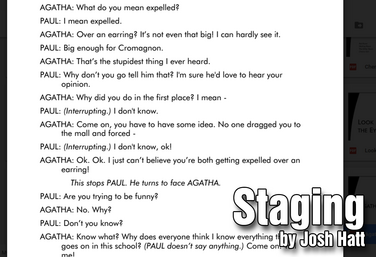
Part of the Technical Theatre Mini Units Curriculum
Staging
by Josh Hatt
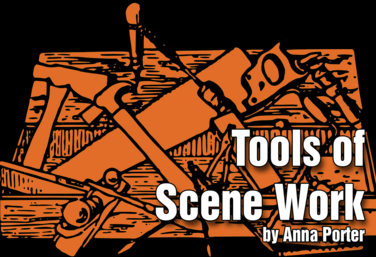
Tools of Scene Work
by Anna Porter
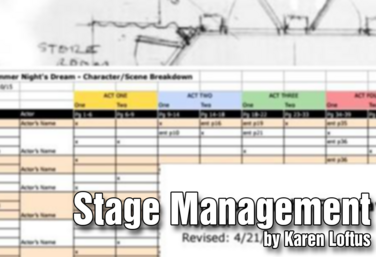
Stage Management
by Karen Loftus
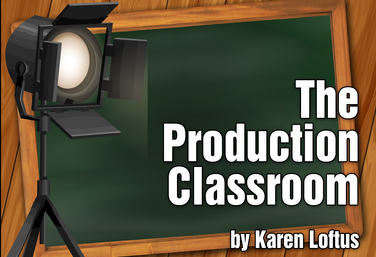
Part of the Production Classroom Units Curriculum
Production Classroom Units Overview
by Karen Loftus

Part of the Production Classroom Units Curriculum
Part One - Pre-Production
by Karen Loftus

Part of the Production Classroom Units Curriculum
Part Two - Rehearsal and Performance
by Karen Loftus

Part of the Production Classroom Units Curriculum
Part Two - Documents
by Karen Loftus

Part of the Production Classroom Units Curriculum
Part Three - Reflection and Assessment
by Karen Loftus
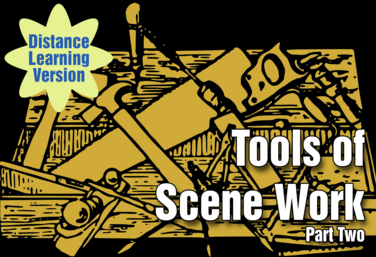
Part of the Distance Learning Curriculum
Scene Work: Part 2, Student Self Staging
by Lindsay Price
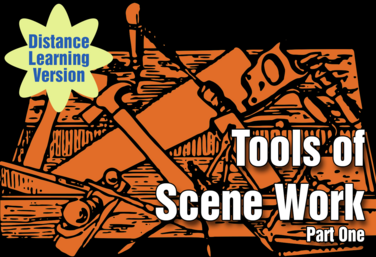
Part of the Distance Learning Curriculum
Scene Work: Part 1, Tools of Scene Work
by Lindsay Price

Scene Staging
by Lindsay Price
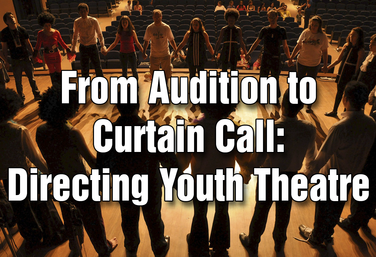
From Audition to Curtain Call: Directing Youth Theatre
by Steven Stack
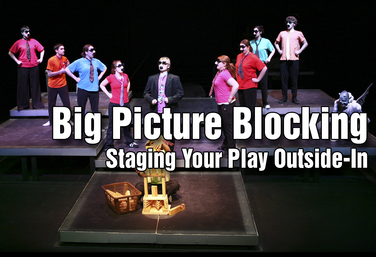
Big Picture Blocking: Staging Your Play Outside-In
by Todd Espeland
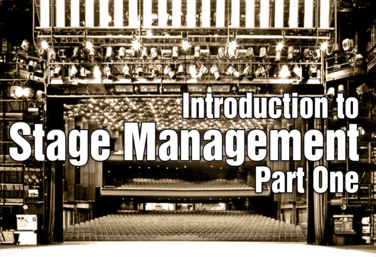
Introduction to Stage Management Part One
by Karen Loftus
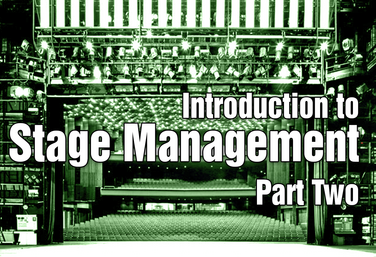
Introduction to Stage Management Part Two
by Karen Loftus

The Production Classroom
by Karen Loftus

21st Century Skills Through Devising
by Allison Williams
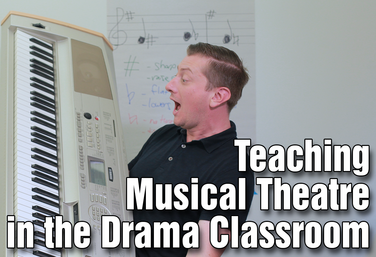
Teaching Musical Theatre in the Drama Classroom
by Colin Oliver
.png)
Shakespeare's Toolkit
by Todd Espeland
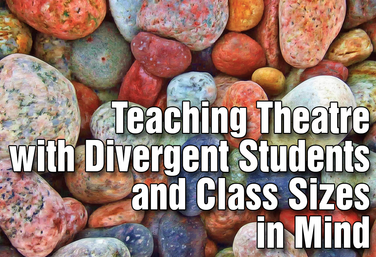
Teaching Theatre with Divergent Students and Class Sizes in Mind
by Steven Stack

Tech Knowledge: Integrating Tech Throughout Your Rehearsal Process
by Claire Broome
View all Standards for California VAPA Standards (2001) Standards Master List